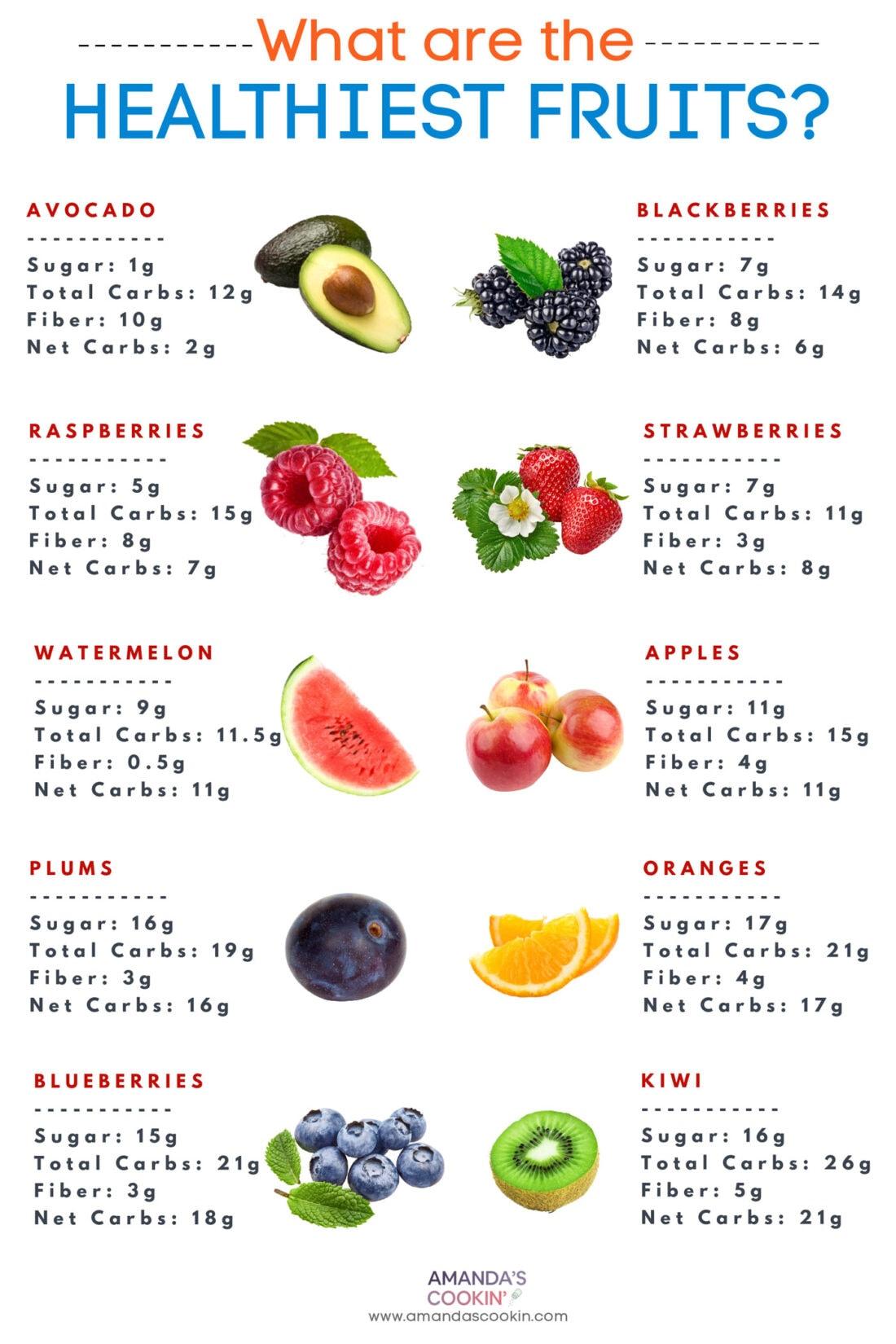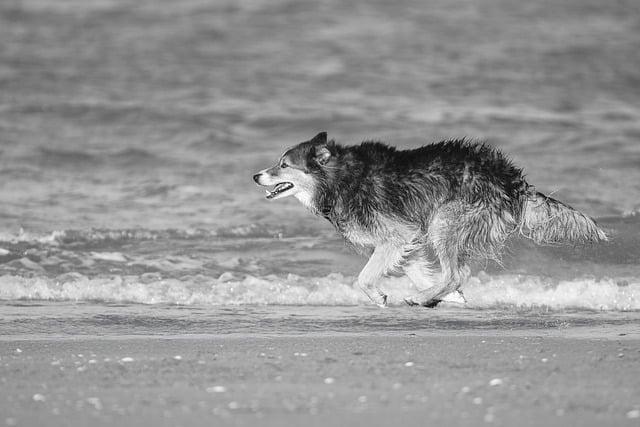Once upon a time in a cozy little town, a dog named Max struggled with low energy and dull fur. His owner, Sarah, decided to research the healthiest food for him. She discovered that a balanced diet rich in lean proteins, fresh vegetables, and healthy fats could transform Max’s health. After switching to high-quality kibble mixed with chicken, carrots, and a sprinkle of fish oil, Max blossomed into a vibrant, playful companion. Just like Max, your dog deserves the best. Invest in their health with nutritious food, and watch them thrive!
Contents
- Understanding Nutritional Needs for Optimal Canine Health
- Essential Ingredients for a Balanced Dog Diet
- Superfoods That Boost Immunity and Vitality in Dogs
- Practical Tips for Incorporating Healthy Foods into Your Dogs Meals
- Q&A
Understanding Nutritional Needs for Optimal Canine Health
To ensure your dog thrives, it’s crucial to understand their unique nutritional requirements. Dogs, like humans, have specific dietary needs that vary based on their age, breed, size, and activity level. A balanced diet rich in essential nutrients not only supports their physical health but also enhances their overall well-being. When selecting food for your canine companion, consider options that provide a harmonious blend of proteins, fats, carbohydrates, vitamins, and minerals.
**Proteins** are the building blocks of your dog’s body, playing a vital role in muscle development and repair. Look for high-quality protein sources such as:
- Chicken
- Beef
- Fish
- Eggs
These ingredients not only supply the necessary amino acids but also contribute to a shiny coat and healthy skin. Remember, the source of protein matters; whole meats are preferable to meat by-products.
**Healthy fats** are another essential component of your dog’s diet, providing energy and supporting cell function. Omega-3 and Omega-6 fatty acids are particularly beneficial for maintaining a healthy coat and skin. Incorporate sources such as:
- Fish oil
- Flaxseed oil
- Chicken fat
These fats also play a role in reducing inflammation and promoting cognitive function, making them a vital addition to your dog’s meals.
Lastly, **carbohydrates** should not be overlooked. They serve as a primary energy source and aid in digestive health. Opt for whole grains and vegetables that are rich in fiber, such as:
- Brown rice
- Sweet potatoes
- Carrots
- Peas
These ingredients provide essential vitamins and minerals while ensuring your dog maintains a healthy weight. By focusing on a well-rounded diet that includes these key components, you can significantly enhance your dog’s health and longevity.
Essential Ingredients for a Balanced Dog Diet
When it comes to ensuring your dog thrives, a well-rounded diet is paramount. A balanced meal plan should include a variety of **essential nutrients** that cater to your dog’s specific needs. This means incorporating high-quality proteins, healthy fats, carbohydrates, vitamins, and minerals. Each of these components plays a crucial role in maintaining your dog’s overall health and vitality.
**Proteins** are the building blocks of your dog’s body, supporting muscle development and repair. Look for sources such as:
- Chicken
- Beef
- Fish
- Eggs
These protein sources not only provide essential amino acids but also contribute to a shiny coat and healthy skin. Remember, the quality of protein matters; opt for whole food sources rather than by-products.
In addition to proteins, **healthy fats** are vital for energy and nutrient absorption. They also support brain health and a glossy coat. Incorporate sources like:
- Fish oil
- Flaxseed oil
- Chicken fat
These fats are rich in omega-3 and omega-6 fatty acids, which can help reduce inflammation and promote overall well-being.
don’t overlook the importance of **carbohydrates**, vitamins, and minerals. Whole grains, fruits, and vegetables provide necessary fiber and antioxidants. Consider adding:
- Brown rice
- Sweet potatoes
- Carrots
- Blueberries
These ingredients not only aid digestion but also boost your dog’s immune system, ensuring they stay healthy and active. A diverse diet that includes these essential ingredients will help your furry friend lead a long, happy life.
Superfoods That Boost Immunity and Vitality in Dogs
When it comes to enhancing your dog’s health, incorporating superfoods into their diet can make a significant difference. These nutrient-dense foods are packed with vitamins, minerals, and antioxidants that not only support the immune system but also promote overall vitality. By adding these superfoods to your dog’s meals, you can help them thrive and enjoy a longer, healthier life.
One of the top contenders in the realm of canine superfoods is **blueberries**. These tiny berries are rich in antioxidants, which combat free radicals and reduce inflammation. They also provide a good source of fiber and vitamin C, contributing to a robust immune response. Tossing a handful of blueberries into your dog’s bowl can be a delicious and beneficial treat that they will love.
Another powerhouse is **sweet potatoes**. Packed with beta-carotene, fiber, and vitamins A and C, sweet potatoes are excellent for boosting your dog’s immune system. They help maintain healthy skin and coat while also supporting digestive health. You can serve them baked, mashed, or even dehydrated as a crunchy snack, making it easy to incorporate this superfood into your dog’s diet.
Don’t overlook the benefits of **spinach**. This leafy green is loaded with iron, vitamins, and antioxidants that can enhance your dog’s vitality. Spinach supports heart health and helps in the production of red blood cells, which are essential for transporting oxygen throughout the body. Adding a small amount of cooked spinach to your dog’s meals can provide a nutritional boost that keeps them energetic and lively.
Practical Tips for Incorporating Healthy Foods into Your Dogs Meals
Incorporating healthy foods into your dog’s meals can be a rewarding experience for both you and your furry friend. Start by introducing **fresh fruits and vegetables** that are safe for dogs. Options like carrots, green beans, and blueberries not only provide essential vitamins but also add a delightful crunch that many dogs enjoy. Remember to chop these foods into manageable pieces to prevent choking and to make them easier for your dog to digest.
Another effective way to enhance your dog’s diet is by adding **lean proteins**. Foods such as chicken, turkey, and fish are excellent sources of protein that can help maintain your dog’s muscle mass and overall health. When preparing these proteins, opt for cooking methods like boiling or baking without added oils or seasonings. This ensures that your dog receives the maximum nutritional benefits without any harmful additives.
Don’t forget about the importance of **healthy fats** in your dog’s diet. Incorporating sources like fish oil or flaxseed oil can promote a shiny coat and healthy skin. Just a small drizzle over their food can make a significant difference. Additionally, consider adding **whole grains** such as brown rice or quinoa, which provide fiber and energy. These grains can help with digestion and keep your dog feeling full longer.
Lastly, always be mindful of portion sizes when introducing new foods. Gradually mix in healthy options with your dog’s regular meals to avoid digestive upset. Keep an eye on how your dog responds to these changes, and adjust accordingly. By making these thoughtful additions, you can create a balanced diet that supports your dog’s health and well-being while also keeping mealtime exciting!
Q&A
-
What are the best types of food for my dog?
The healthiest foods for your dog typically include high-quality proteins, whole grains, and fresh fruits and vegetables. Look for ingredients like:
- Lean meats (chicken, turkey, beef)
- Fish (salmon, sardines)
- Whole grains (brown rice, quinoa)
- Fruits (blueberries, apples)
- Vegetables (carrots, spinach)
-
Should I choose commercial dog food or homemade meals?
Both options can be healthy, but it depends on your dog’s specific needs. Commercial dog food can provide balanced nutrition if it meets AAFCO standards. Homemade meals allow for customization but require careful planning to ensure all nutritional needs are met. Consult your veterinarian for personalized advice.
-
Are there any foods I should avoid giving my dog?
Yes, certain foods can be harmful to dogs. Avoid giving your dog:
- Chocolate
- Onions and garlic
- Grapes and raisins
- Xylitol (found in sugar-free products)
- Avocado
-
How can I ensure my dog is getting a balanced diet?
To ensure a balanced diet for your dog, consider the following:
- Choose high-quality dog food with a good balance of protein, fats, and carbohydrates.
- Incorporate fresh fruits and vegetables as healthy treats.
- Consult with your veterinarian to tailor a diet plan based on your dog’s age, weight, and health conditions.
- Monitor your dog’s weight and adjust portions as needed.
prioritizing your dog’s nutrition is essential for their overall health and longevity. By choosing wholesome, nutrient-rich foods, you can ensure your furry friend thrives. Invest in their well-being today for a happier, healthier tomorrow!

大家好,我是彼得潘,專業的手法身體治療師。我喜歡探索和研究各種主題,並透過與人工智慧的合作分享專業、實用、有趣的文章。我們定期進行人工審核,以確保內容的準確性。如果您發現文章中有任何不準確的地方,請隨時與我們聯繫,我們會及時糾正。您可以透過 [email protected] 與我們聯繫。



